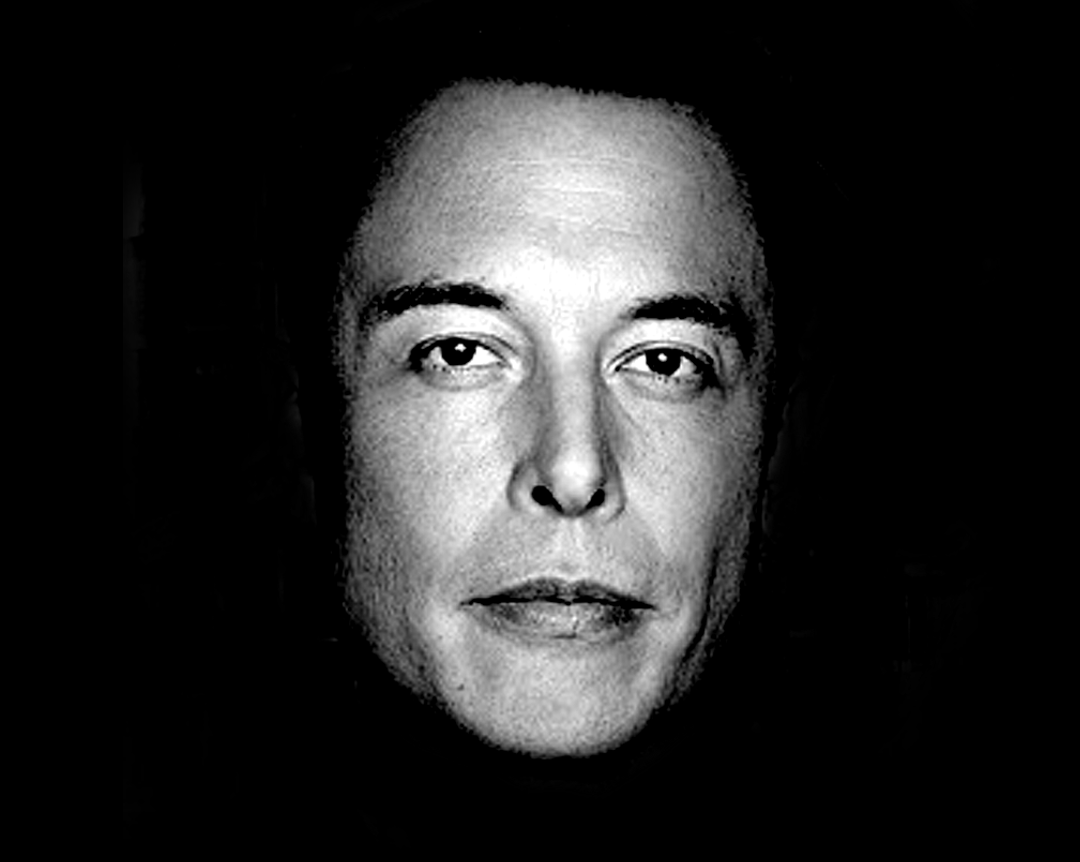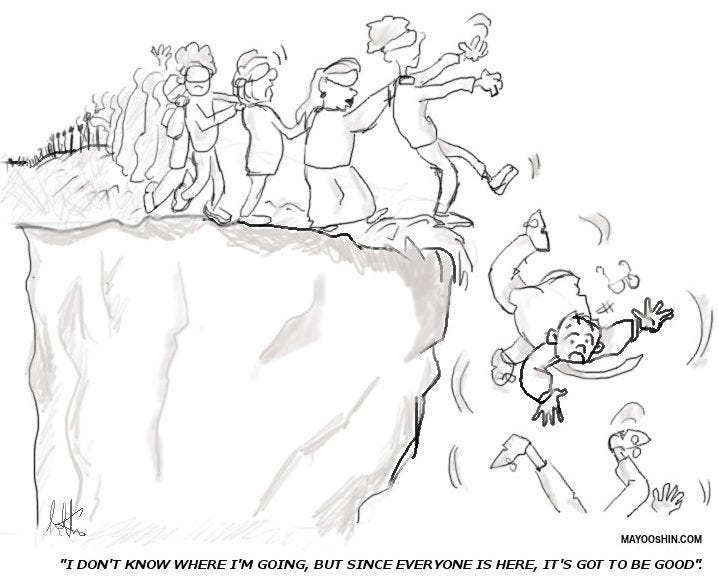How Do You Know if the Timing Chain Needs to Be Replaced on a 2002 Ford Taurus Ses
Elon Musks' "three-Step" First Principles Thinking: How to Think and Solve Difficult Problems Like a Genius

By the historic period of 46 years old, Elon Musk has innovated and built three revolutionary multibillion dollar companies in completely different fields — Paypal (Fiscal Services), Tesla Motors (Automotive) and SpaceX (Aerospace).
This list doesn't even include Solar City (Energy), which he helped build and acquired for $2.6 Billion recently.
At first glance, it'south easy to link his rapid success, ability to solve unsolvable problems and genius level inventiveness to his incredible work ethic.
Musk himself stated that he worked approximately 100 hours a week for over fifteen years and recently scaled downward to 85 hours. Rumour also has information technology that he doesn't fifty-fifty take lunch breaks, multitasking between eating, meetings and responding to emails all at the same fourth dimension.
No doubtfulness work ethic plays an of import role in unlocking your inner creative genius and becoming the all-time at what yous do — but there'southward more to this — there are extremely difficult-working people who still make little progress in life and die earlier sharing their best work with the world.
What then is this missing link for innovative creativity and accelerated success?
Just like Musk, some of the most bright minds of all-time — Aristotle, Euclid, Thomas Edison, Feynman and Nikola Tesla — use this missing link for accelerated learning, solving difficult problems and creating keen work in their lifetime.
This missing link has piddling to practise with how hard they piece of work. Information technology has everything to do with how they think.
Permit's talk about how yous tin can quickly use this genius problem solving method.
First Principles Thinking
During a 1 on ane interview with TED Curator, Chris Anderson, Musk reveals this missing link which he attributes to his genius level inventiveness and success. It's called reasoning from "First Principles." [one]
Musk: Well, I exercise think there's a practiced framework for thinking. It is physics. You know, the sort of commencement principles reasoning. Generally I recall there are — what I hateful by that is, boil things down to their key truths and reason up from there, as opposed to reasoning past analogy.
Through most of our life, we get through life by reasoning past analogy, which substantially means copying what other people do with slight variations.
In layman's terms, offset principles thinking is basically the practice of actively questioning every assumption you lot think you 'know' almost a given trouble or scenario — and then creating new knowledge and solutions from scratch. Well-nigh like a newborn baby.
On the flip side, reasoning by analogy is building knowledge and solving problems based on prior assumptions, beliefs and widely held 'best practices' canonical by majority of people.
People who reason by analogy tend to brand bad decisions, fifty-fifty if they're smart.

Essentially, first principles thinking will assist you lot develop a unique worldview to introduce and solve hard problems in a way that nobody else can fifty-fifty fathom.
Here's how you lot can quickly utilise this in 3 simple steps recommended by Elon Musk himself.
Step ane: Identify and define your current assumptions
"If I had an hour to solve a problem, I'd spend 55 minutes thinking about the problem and five minutes thinking nearly solutions."
— Albert Einstein
Hither are some examples from everyday life in business, wellness and craft.
"Growing my business volition cost a lot of money."
"I take to struggle and starve to go a successful artist."
"I just can't find enough fourth dimension to workout and reach my weight loss goals."
When next you're faced with a familiar problem or claiming, merely write down your current assumptions about them. (Notation: You can stop here and write these down at present)
STEP 2: Breakdown the problem into its cardinal principles.
"Information technology is important to view cognition as sort of semantic tree. Brand sure yous empathise the fundamental principles, ie the trunk and large branches, before you become into the leaves/details or there is naught for them to hang on to." [2]
- Elon Musk
These fundamental principles are basically the most basic truths or elements of anything.
The best way to uncover these truths is to inquire powerful questions that uncover these ingenious gems.
Here's a quick case from Elon Musk during an interview with Kevin Rose on how this works. [3]
Somebody could say, "Battery packs are really expensive and that'south merely the way they will always be… Historically, information technology has cost $600 per kilowatt 60 minutes. It's not going to be much amend than that in the future."
With first principles, you say, "What are the cloth constituents of the batteries? What is the stock marketplace value of the textile constituents?"
Information technology's got cobalt, nickel, aluminum, carbon, some polymers for separation and a seal tin can. Break that downward on a fabric basis and say, "If we bought that on the London Metal Exchange what would each of those things cost?"Information technology's like $fourscore per kilowatt hour. And so clearly you only demand to think of clever ways to take those materials and combine them into the shape of a battery cell and you can accept batteries that are much, much cheaper than anyone realizes."
This is classic outset principles thinking in action.
Instead of following the socially accepted behavior that bombardment packs were expensive, Musk challenges these beliefs by request powerful questions that uncover the basic truths or elements i.east. carbon, nickel, aluminium.And then, he creates ingenious innovative solutions literally from scratch.
Footstep three: Create new solutions from scratch
"The person who says he knows what he thinks but cannot limited it usually does not know what he thinks."
— Mortimer Adler
Once you've identified and broken downwardly your problems or assumptions into their most basic truths, you can begin to create new insightful solutions from scratch. [4]
Here a 3 elementary everyday examples of how this works (Step one to Step 3).
Assumption: "Growing my business organisation will cost too much coin"
First principles thinking:
What practice you need to grow a profitable business? I need to sell products or services to more customers.
Does information technology have to cost a lot of money to sell to new customers? Non necessarily, but i'll probably need access to these new customers inexpensively.
Who has this access and how yous tin can create a win-win deal? I guess I could partner with other businesses that serve the same client and split the profits 50:fifty. Interesting.
Assumption: "I just can't find enough time to conditioning and achieve my weight loss goals."
Kickoff principles thinking:
What do you really demand to reach your weight loss goal? I demand to practise more, preferably five days a week for an hour each time. Could you still lose weight exercising less frequently, if so how? Possibly, I could try 15 minute workouts, 3 days a calendar week. These could be quick high intensity total body workouts that volition speed up my fat loss in less time.
Assumption: "I have to struggle and starve to become a successful artist"
Showtime principles thinking:
What do you actually need to create slap-up work and brand a good living equally an artist? I would need a reasonably sized audience that will appreciate and buy my artwork.
What practice you need to achieve a larger audience? I probably need to do some marketing, merely I don't like self-promoting then I'd rather not do this.
Ok, is at that place any way for you to promote your work without beingness sleazy? Yes, if the focus of selling my artwork is meaningful with a purpose of serving the audience — then I could brand more than money to make more fine art, so I can serve more people. Interesting…
Retrieve Different
"Good ideas are always crazy until they're not."
― Elon Musk: How the Billionaire CEO of SpaceX and Tesla is Shaping our Future (Audiobook).
Usually, when we're faced with circuitous bug, we default to thinking like everybody else. Showtime principles thinking is a powerful fashion to help y'all break out of this herd mentality, think exterior the box and innovate completely brand new solutions to familiar issues.
By identifying your current assumptions, breaking these down into their basic truths and creating solutions from scratch, you can uncover these ingenious solutions to complex problems and make unique contributions in any field.
The internet is noisy. Want to cutting through the noise, become smarter, and make meliorate decisions? Bring together smart, curious minds and get your brain food at The Smarter Brain newsletter .
This commodity was originally published on MayoOshin.Com as Elon Musk's "3-Step" Kickoff Principles Thinking: How to Think and Solve Difficult Problems Like a Genius.
If you enjoyed this story, please click the 👏 button and share to assistance others find it! Feel complimentary to leave a comment below.
The Mission publishes stories, videos, and podcasts that make smart people smarter. You can subscribe to get them here.
Source: https://medium.com/the-mission/elon-musks-3-step-first-principles-thinking-how-to-think-and-solve-difficult-problems-like-a-ba1e73a9f6c0
Postar um comentário for "How Do You Know if the Timing Chain Needs to Be Replaced on a 2002 Ford Taurus Ses"